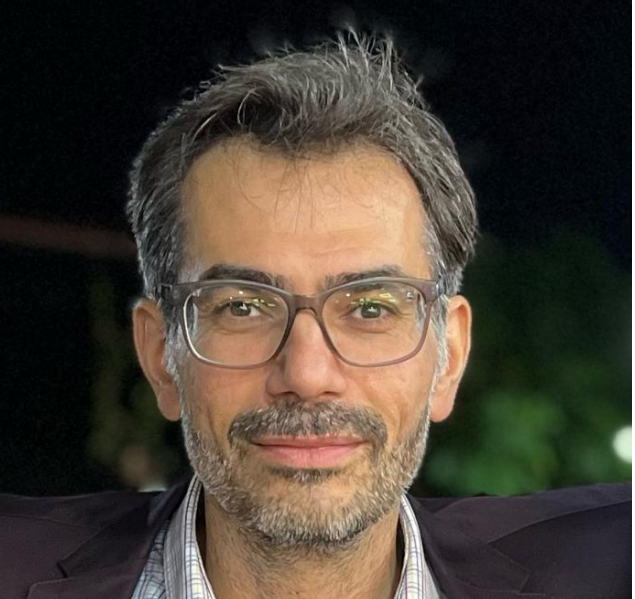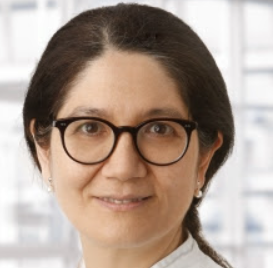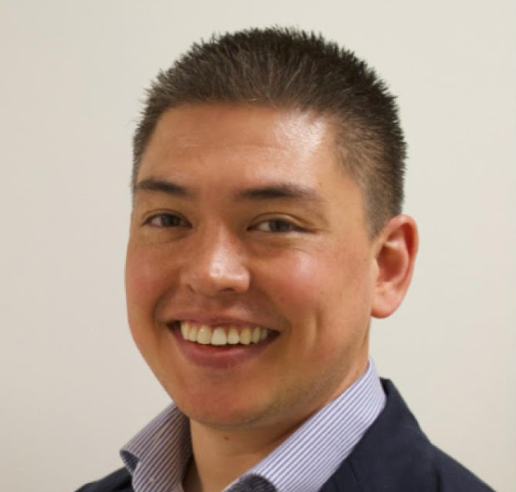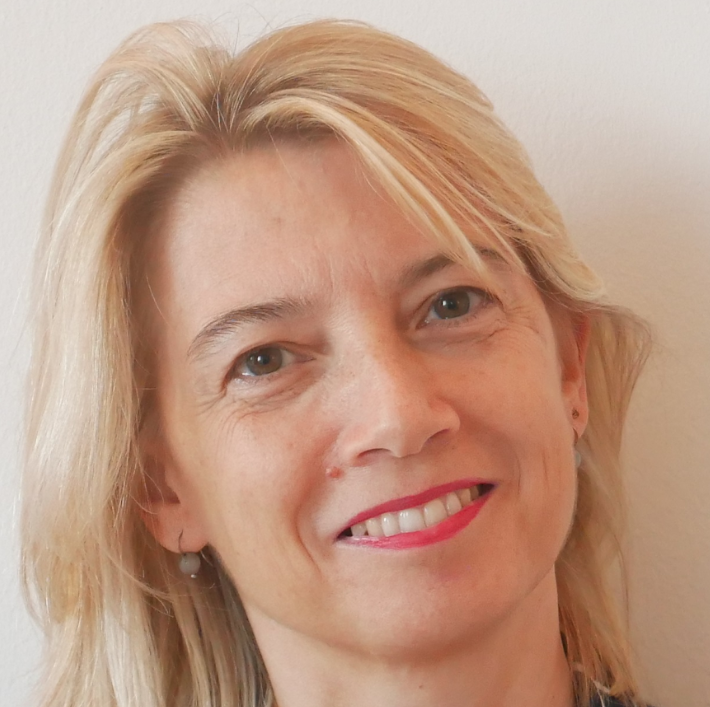touchTEAMS The typical patient journey in tuberous sclerosis complex and unmet needs
This site is intended for healthcare professionals only.
Watch leading tuberous sclerosis complex (TSC) experts discuss the heterogenous presentation of the disease, typical referral and management pathways and unmet needs.
To view the full functionality of this touchTEAMS, please view on desktop or laptop device.
Overview & Learning ObjectivesPatient with tuberous sclerosis complex
Neurologist, Paediatric Neurologist, Paediatric Cardiologist, Nephrologist
A neurologist, paediatric neurologist, paediatric cardiologist and nephrologist outline the heterogenous presentation of TSC across a patient's life.
Expert Spotlight
Drs Amin, Pringsheim, Annear and Vignoli discuss the heterogenous presentation of TSC at different ages including seizure types.
Learn More Back to Teams HubPaediatric Neurologist and Paediatric Cardiologist
A paediatric neurologist and paediatric cardiologist discuss the typical referral pathways for patients with TSC including the role of genetics in diagnosis.
Expert Spotlight
Drs Pringsheim and Amin discuss the typical referral pathways for patients with TSC, the role of HCPs in referral and communication gaps between the MDT, and patients and caregivers.
Learn More Back to Teams HubNeurologist, Paediatric Neurologist and Nephrologist
A neurologist, paediatric neurologist and nephrologist outline the typical management pathways for patients with TSC and the role of HCPs.
Expert Spotlight
Drs Annear, Amin and Vignoli discuss the typical management pathways for patients with TSC, the role of HCPs in management and communication gaps between the MDT, and patients and caregivers.
Learn More Back to Teams HubNeurologist, Paediatric Neurologist, Paediatric Cardiologist and Nephrologist
A neurologist, paediatric neurologist, paediatric cardiologist and nephrologist share their views on how improve TSC referral and management.
Expert Spotlight
Drs Amin, Pringsheim, Annear and Vignoli discuss potential improvements in referral and management pathways including MDT communication, and patient and caregiver involvement.
Learn More Back to Teams Hub



